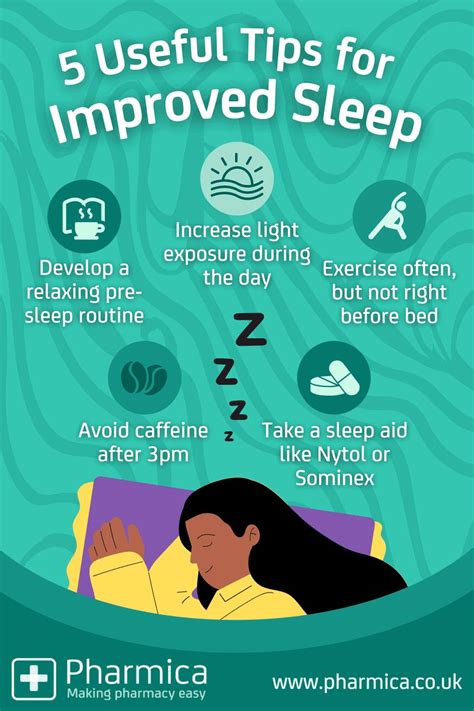How to Sleep Faster: Conquer Insomnia and Get a Good Night's Rest
Falling asleep quickly can feel like a superpower when you're battling insomnia or a busy schedule. But it's a skill you can learn! This guide provides practical tips and techniques to help you drift off faster and enjoy more restful sleep.
Understanding Why You Can't Sleep
Before diving into solutions, let's explore common reasons for sleep difficulties. Identifying the root cause is crucial for effective treatment. Common culprits include:
- Stress and Anxiety: Worries about work, relationships, or finances can keep your mind racing.
- Irregular Sleep Schedule: Inconsistent bedtimes and wake-up times disrupt your body's natural sleep-wake cycle (circadian rhythm).
- Poor Sleep Hygiene: This encompasses habits that negatively impact your sleep quality, such as excessive caffeine or alcohol consumption, screen time before bed, and an uncomfortable sleep environment.
- Underlying Medical Conditions: Certain health problems, like sleep apnea or restless legs syndrome, can significantly interfere with sleep. If you suspect a medical issue, consult a doctor.
Proven Strategies to Fall Asleep Faster
Now, let's get to the practical tips for faster sleep onset:
1. Optimize Your Sleep Environment
Create a sleep sanctuary: Your bedroom should be dark, quiet, cool, and comfortable. Invest in blackout curtains, earplugs, or a white noise machine if necessary. A comfortable mattress and pillows are also essential.
2. Establish a Relaxing Bedtime Routine
Wind down an hour before bed: Avoid screens, engage in calming activities like reading a physical book (not an e-reader!), taking a warm bath, or practicing gentle stretches. A consistent routine signals to your body that it's time to sleep.
3. Practice Relaxation Techniques
Stress less, sleep more: Techniques like deep breathing exercises, meditation, or progressive muscle relaxation can help calm your mind and body, preparing you for sleep. There are many guided meditation apps available to help.
4. Limit Screen Time Before Bed
The blue light blues: The blue light emitted from electronic devices interferes with melatonin production, a hormone that regulates sleep. Put away your phone, tablet, and computer at least an hour before bedtime.
5. Regular Exercise (But Not Too Close to Bedtime)
Get moving, but time it right: Regular physical activity promotes better sleep. However, avoid intense workouts close to bedtime, as this can be stimulating.
6. Watch Your Diet and Drinks
Avoid caffeine and alcohol before bed: These substances can interfere with sleep quality. Similarly, heavy meals close to bedtime can disrupt sleep.
7. Consider a Sleep Aid (Consult Your Doctor First)
Natural remedies and medical options: Over-the-counter sleep aids, like melatonin, can be helpful for some individuals. However, it's crucial to consult your doctor before using any sleep aids, especially if you have underlying health conditions or take other medications.
When to Seek Professional Help
If you consistently struggle to fall asleep or stay asleep, despite trying these strategies, it's crucial to seek professional help. A sleep specialist can diagnose underlying sleep disorders and recommend appropriate treatment options.
Conclusion: Sleep Your Way to a Better You
Getting a good night's sleep is fundamental to your physical and mental well-being. By implementing these strategies and creating a healthy sleep routine, you can conquer insomnia and enjoy the restorative power of sleep. Remember, consistency is key! Start implementing these tips tonight and wake up feeling refreshed and ready to conquer your day.
